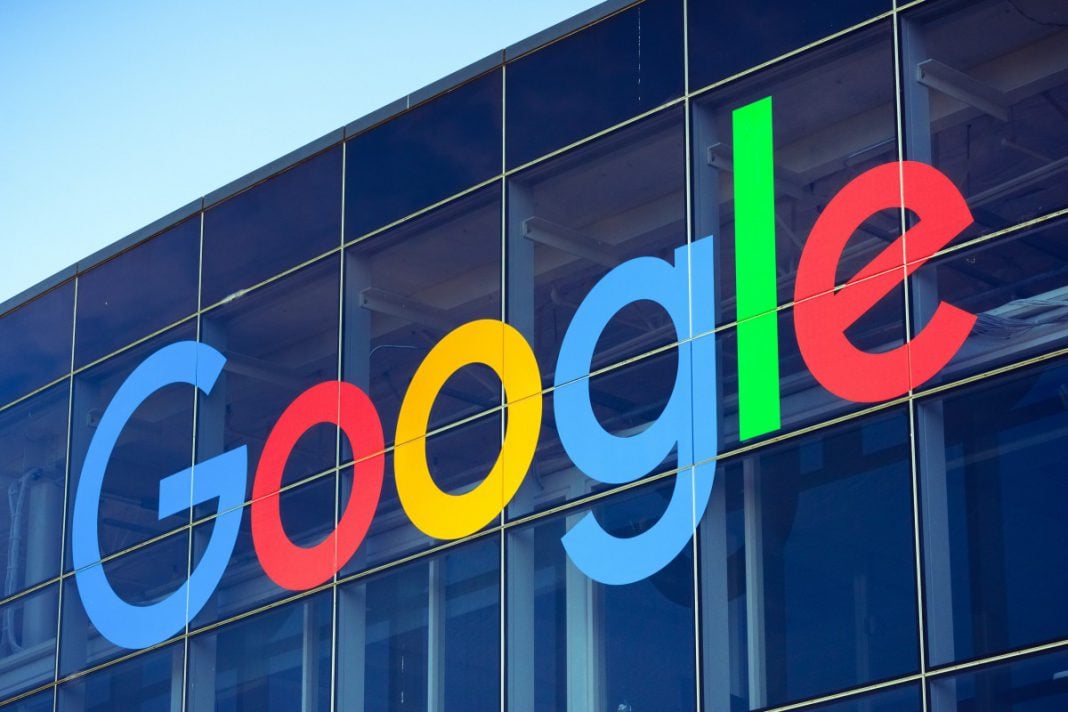Google has announced the addition of a dedicated Digital Assets Team to its cloud service provider Google Cloud – as the company increases its focus on blockchain tech.
The change comes as blockchain technology becomes increasingly mainstream, with a rising number of companies using the technology to grow their business further and elevate support networks.
The team will focus on the way consumers engage with building, transacting, storing value and deploying new products on blockchain-based platforms. According to Google Cloud the new addition to their services would ‘underpin the future of blockchain by accelerating efforts in the emerging space’.
Yolande Piazza, VP Financial Services in Google Cloud, commented: “We’re inspired by the work already done in the digital assets space by our customers, and we look forward to providing the infrastructure and technologies to support what’s possible with blockchain technologies in the future.”
Blockchain and distributed-ledger-based companies such as Hedera, Theta Labs, and Dapper Labs are already working with Google Cloud towards an improved scalability, flexibility, and security. The new Digital Assets Team will look to attract more clients by undertaking a variety of initiatives that would support companies in the blockchain ecosystem.
They include short- and long-term strategies such as the hosting of public BigQuery datasets on Google’s Marketplace, driving co-development and integration into Google’s partner ecosystem, and supporting on-chain governance via participation from Google Cloud executives and senior engineers.
Having proved popular in the digital asset space, Google Cloud technologies is already being marketed to some of the leading US retailers and merchants through the partnership with digital asset marketplace Bakkt.
Google Cloud is also looking into future opportunities for Google Cloud customers to make and receive payments using cryptocurrencies. As of now the currencies mentioned are Bitcoin, Ethereum, Bitcoin Cash, Dash, Litecoin, Zcash, Theta, Hedera Hashgraph, Band Protocol, Polygon, XRP, and Dogecoin, with the potential for more virtual currencies added when the changes become official.




















